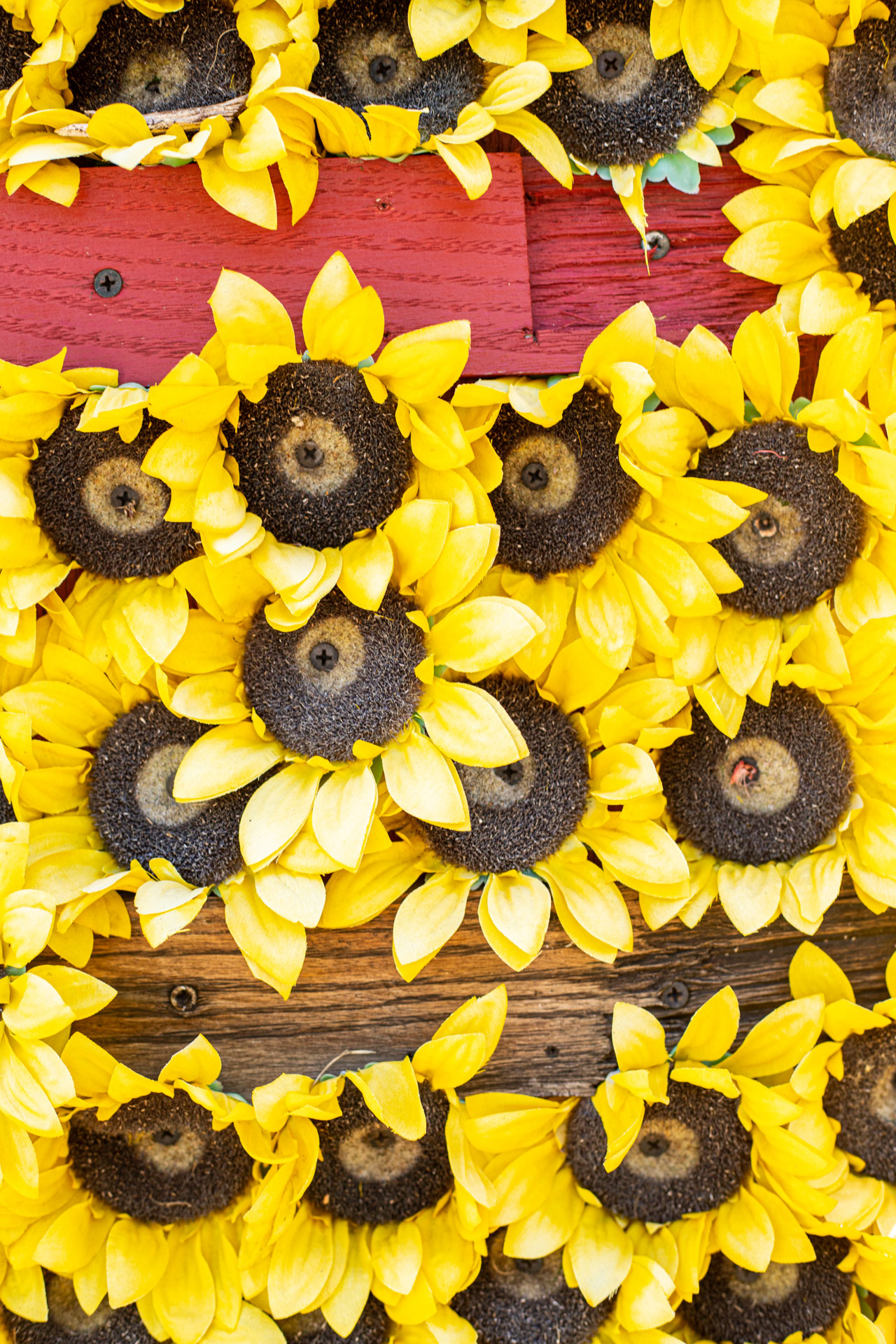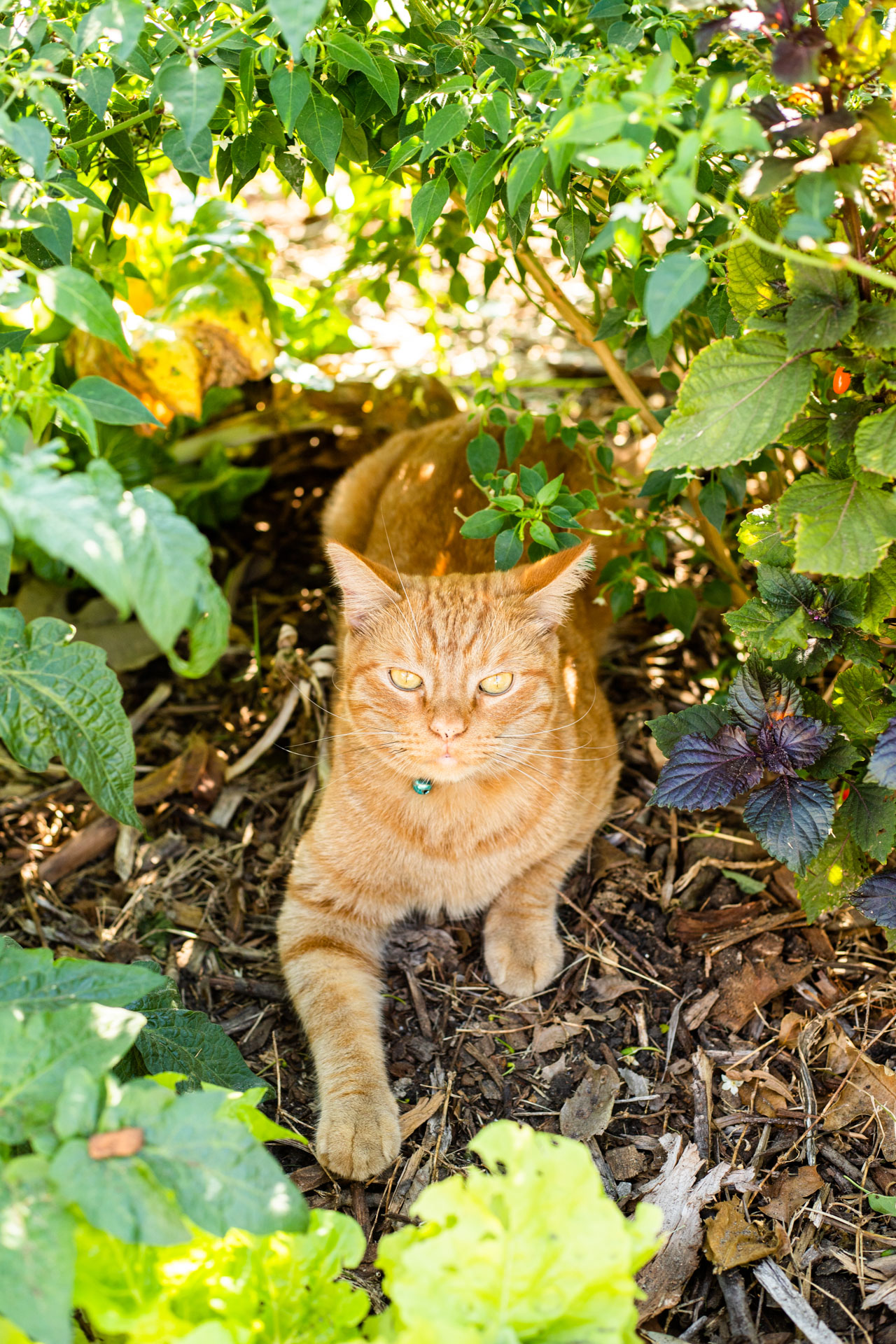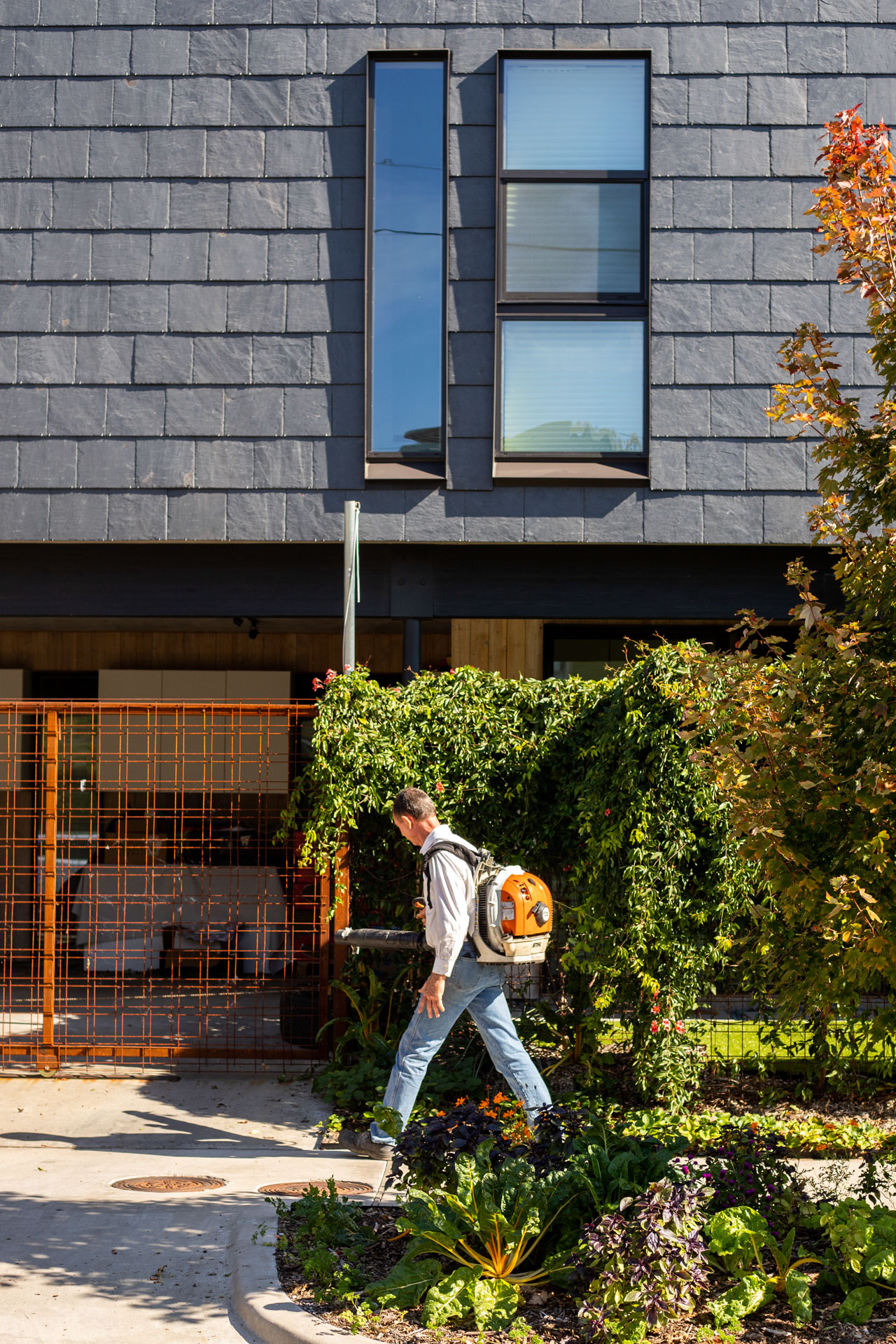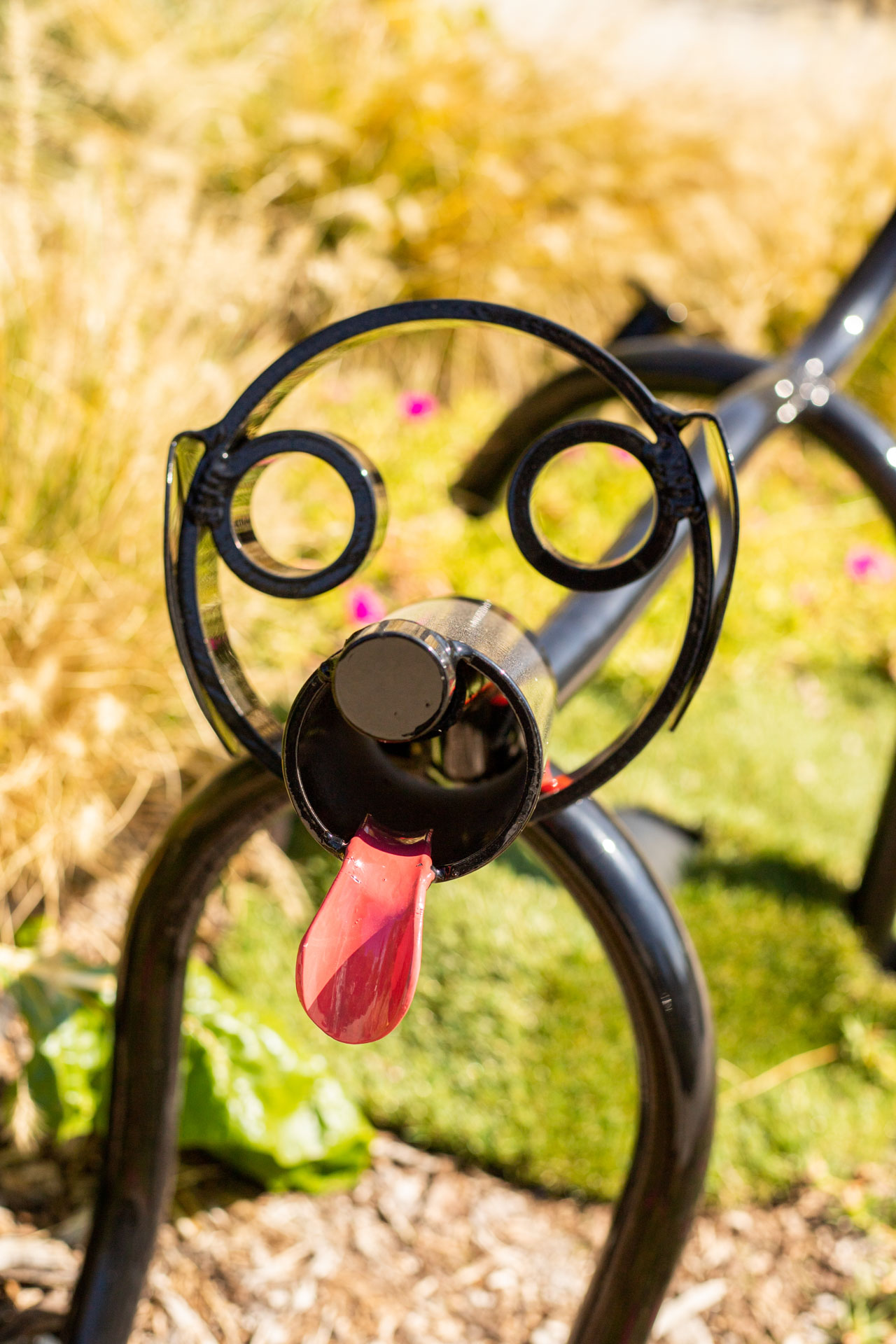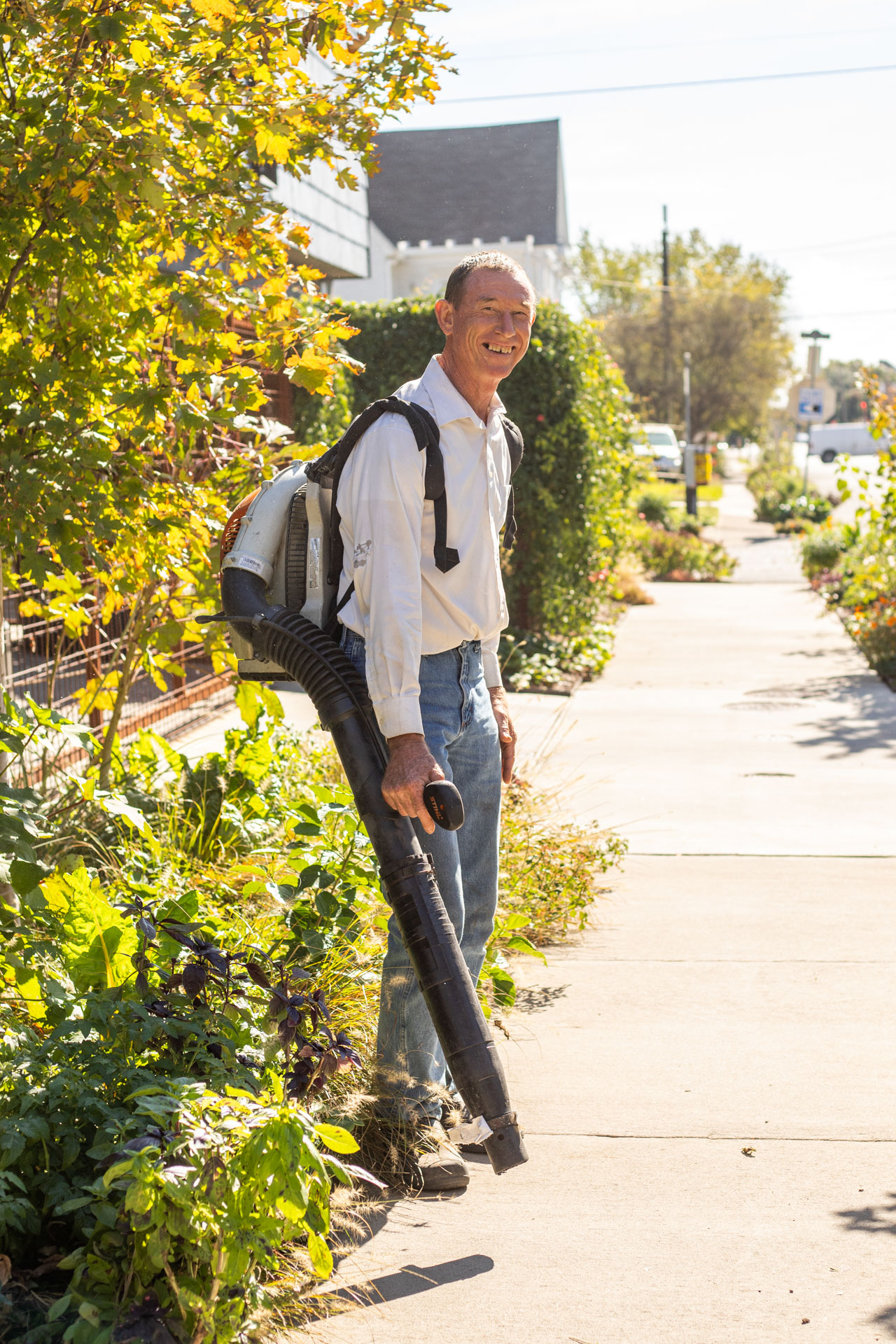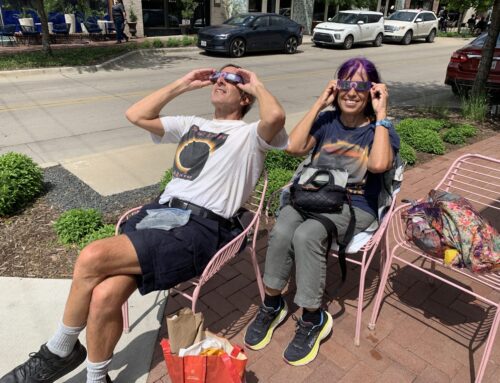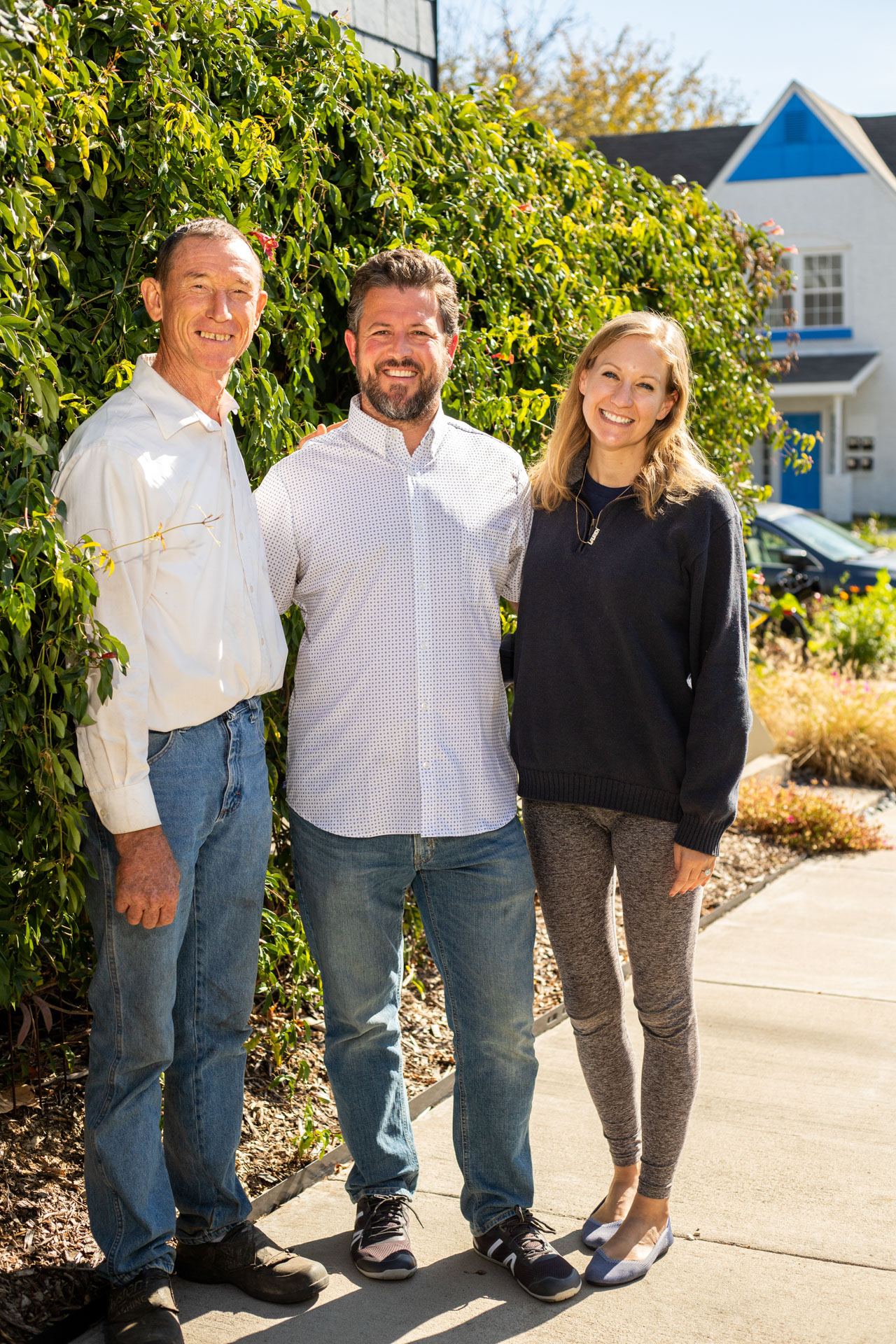
Photography by Jessica Turner
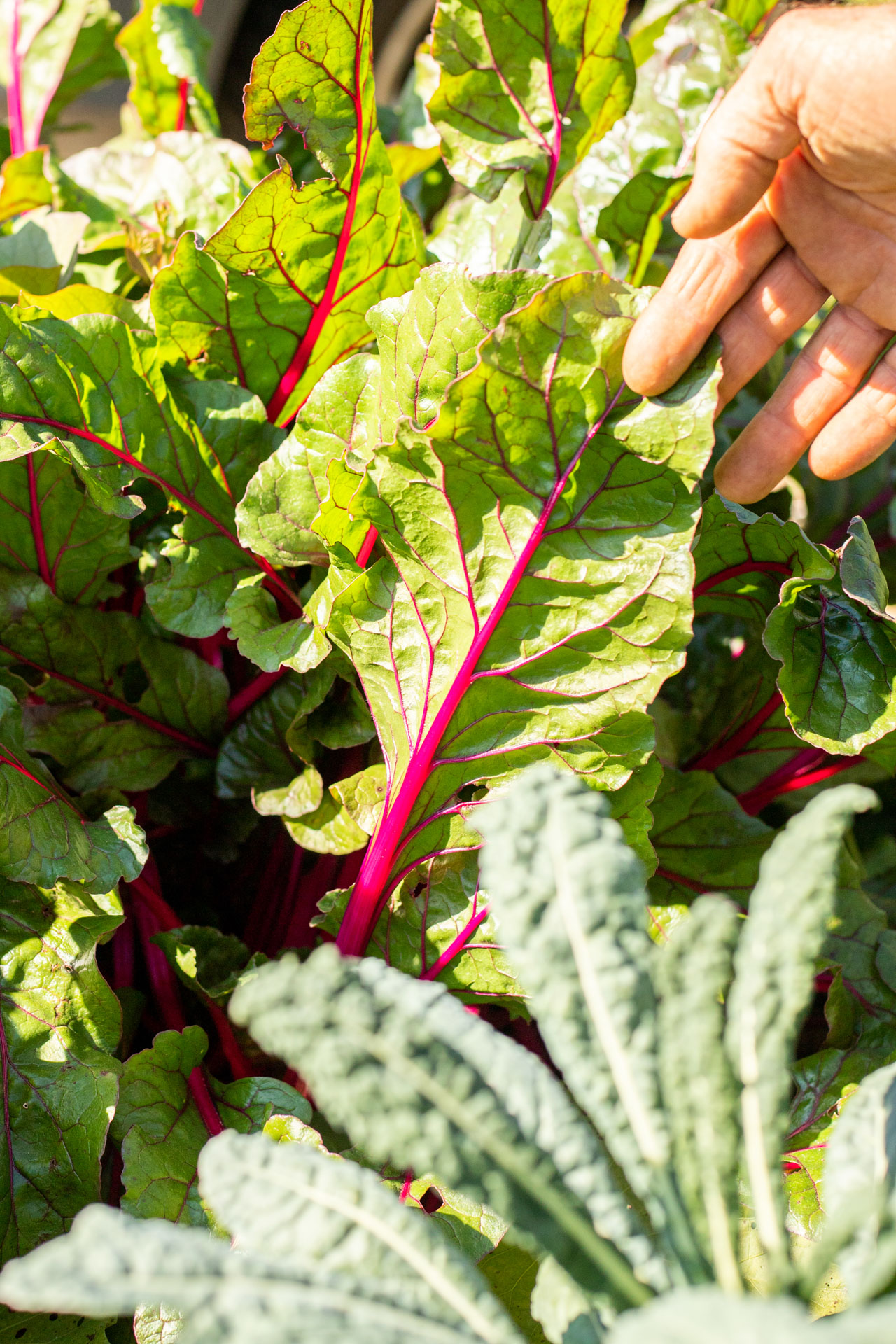
Photography by Jessica Turner
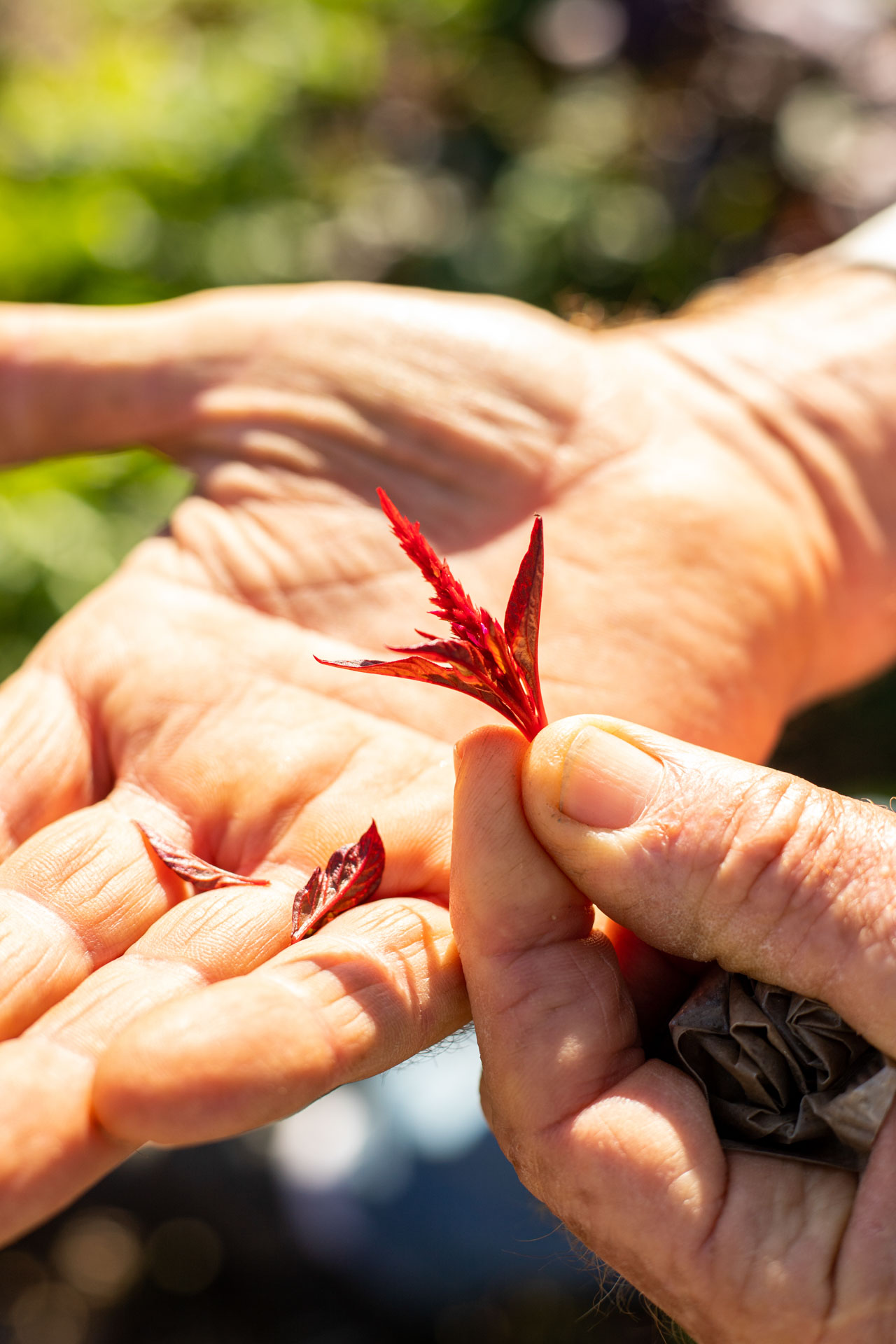
Photography by Jessica Turner
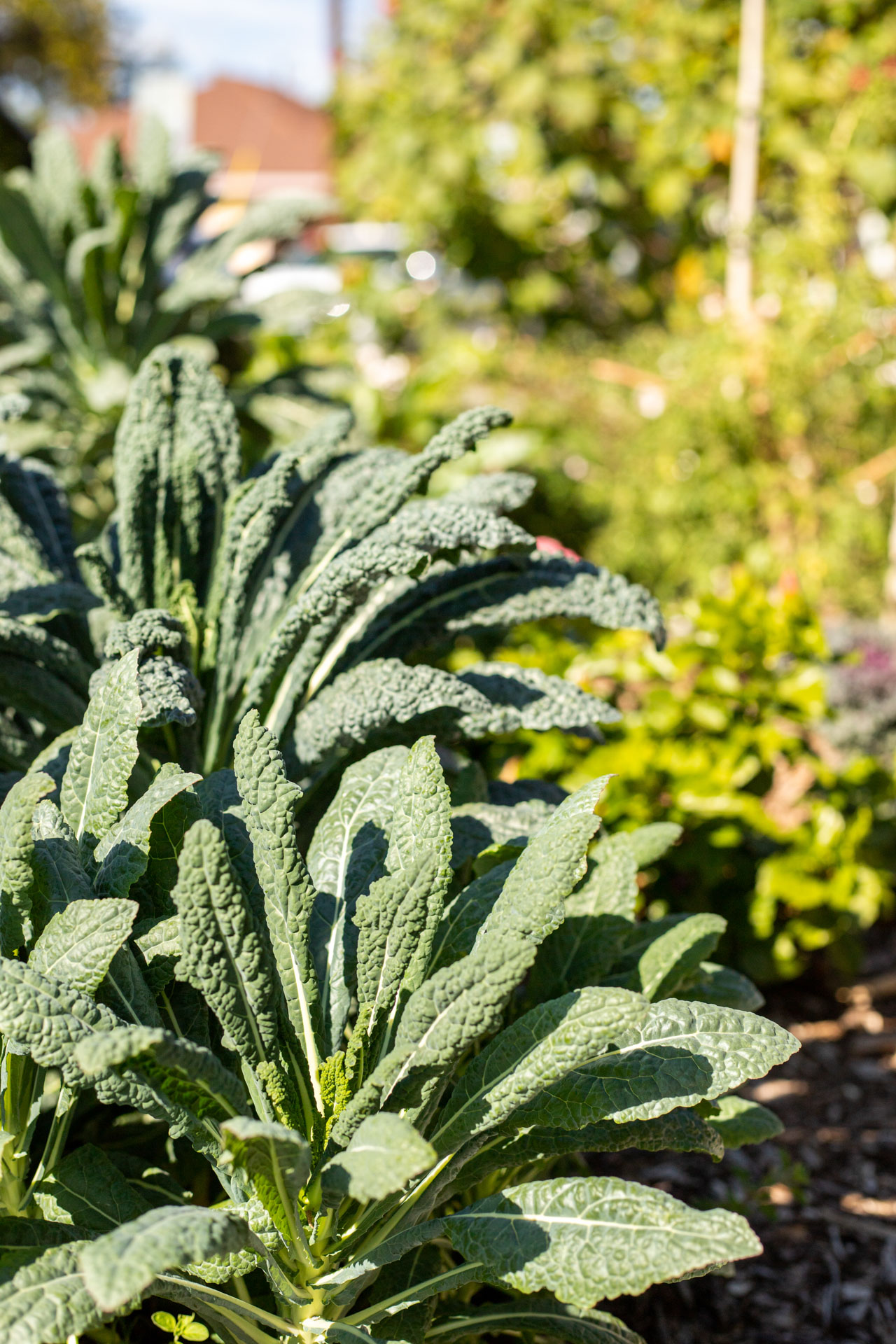
OC Garden Story_JessicaTurnerMarch2022-3709
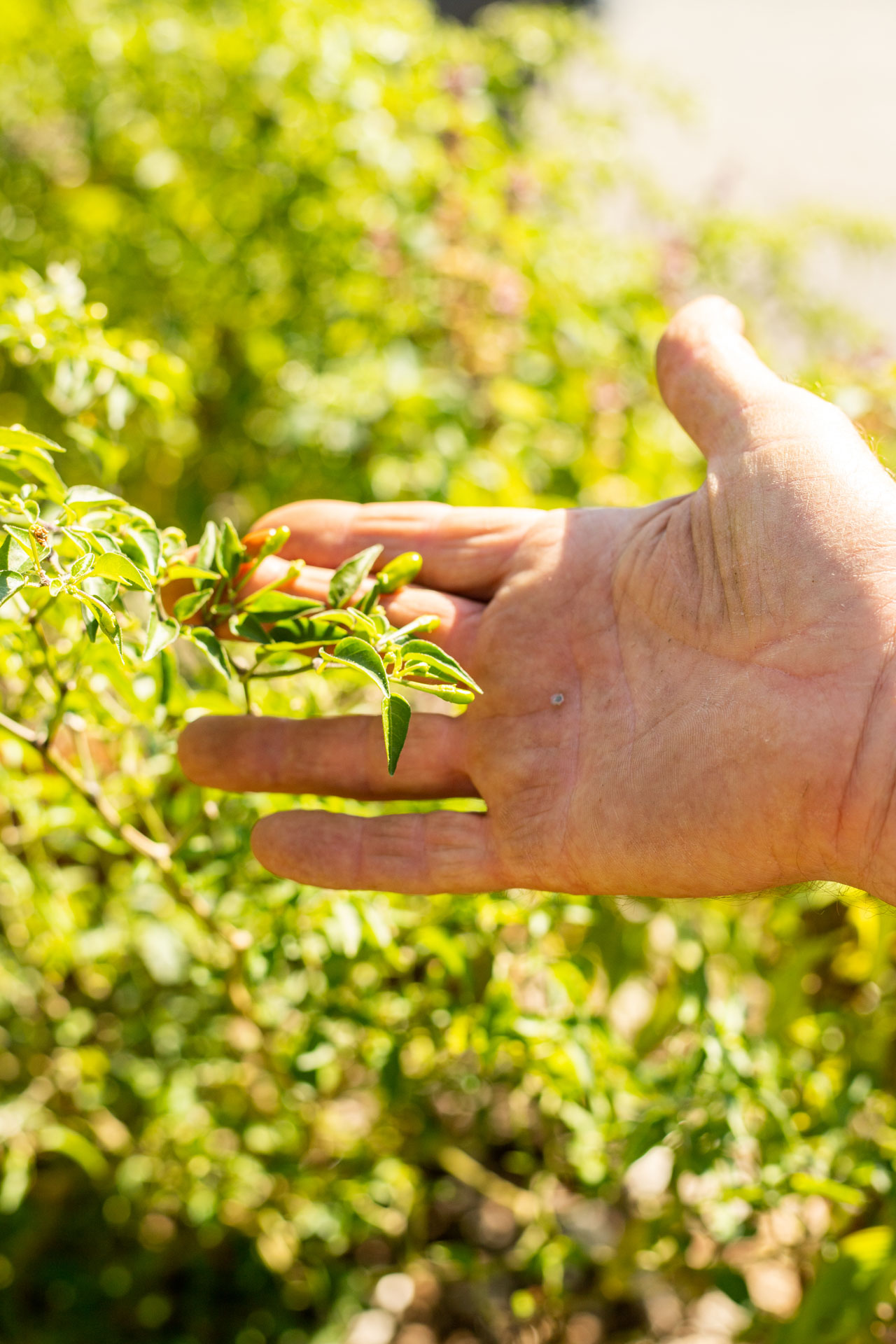
OC Garden Story_JessicaTurnerMarch2022-3745
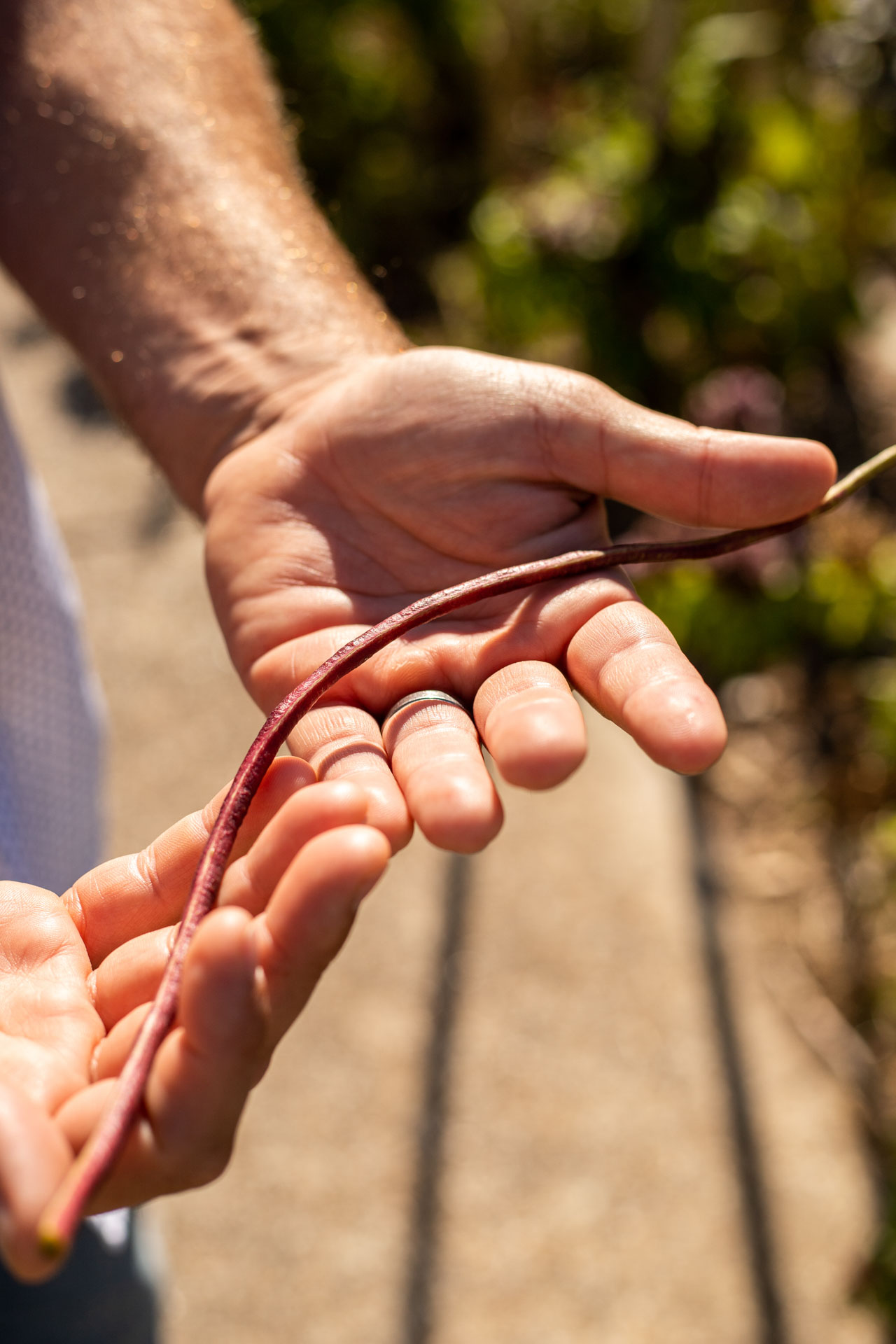
OC Garden Story_JessicaTurnerMarch2022-3785
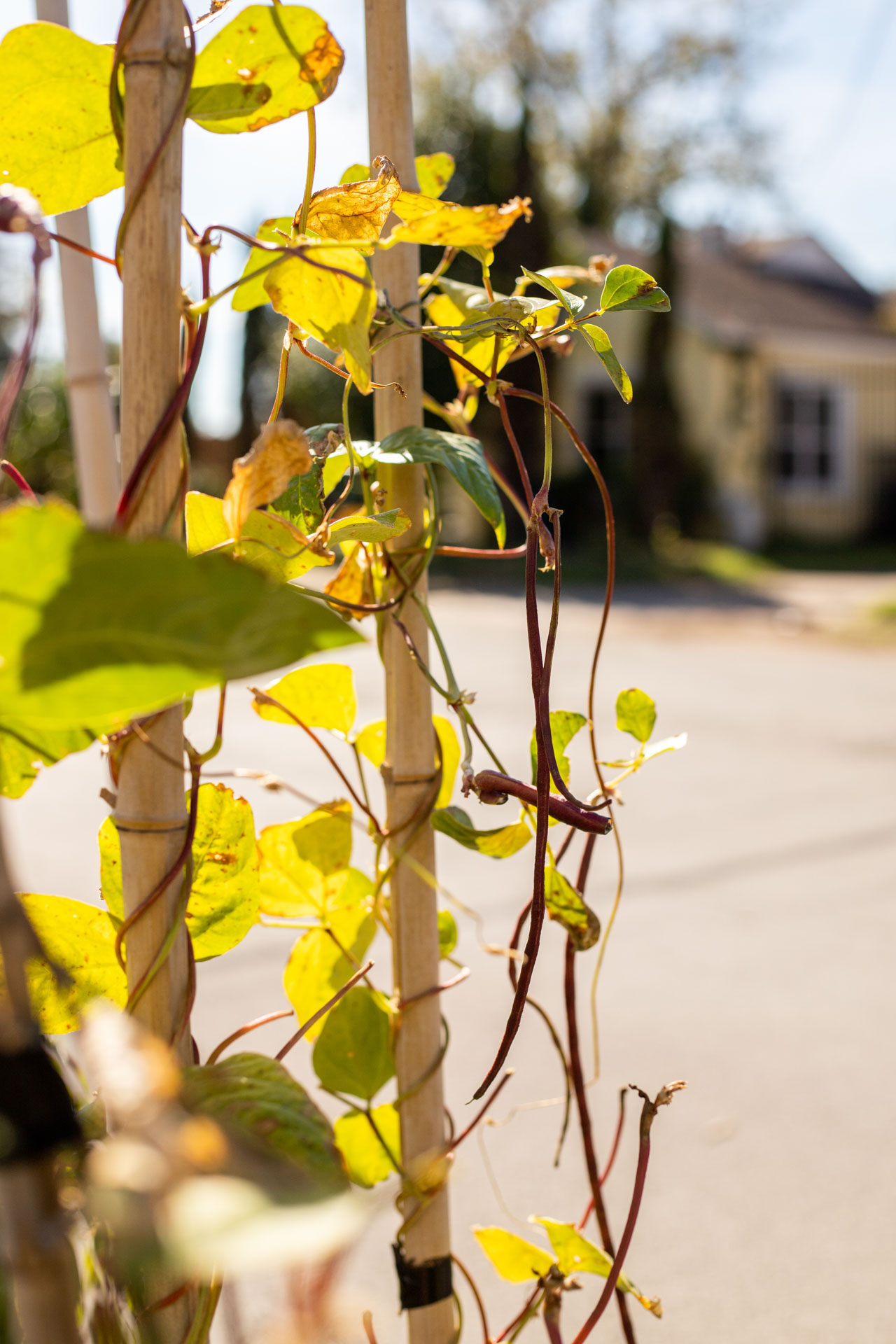
OC Garden Story_JessicaTurnerMarch2022-3793
Garrett Ratner’s construction company built a duplex townhome in the Bishop Arts area a few years ago.
He and his wife, Lauren, liked it so much that they moved into it, coming from Keller to the corner of 10th and Adams, with their two kids and three dogs. Ratner’s parents also moved from Richardson to the other side of the duplex.
Living in Oak Cliff reminds them of the community they found in Chicago after college — he is from Dallas, and she is from Atlanta. They were happy to leave the suburbs, but with no backyard, they missed having a vegetable garden.
Since city code requires property owners to maintain the parkway — that strip of grass between the sidewalk and the street — they decided to turn theirs into an edible garden.
As they started planting, they “ended up in more conversations with the neighbors,” Ratner says.
Neighbors began asking to snip oregano or pluck peppers, which the Ratners welcome. A year after their garden went in, they started planting edible gardens in other parkways around their home with the owners’ permission.
Last year the Ratners started a nonprofit called Neighborhood Garden with their friend Tim Peters, a seed breeder from Oregon who now lives in the Dallas area.
Peters uses plant-crossing techniques that are thousands of years old, rather than modern genetic modification, to come up with unique strains, some of which are now quite common. Most of the rainbow chard seeds you’ll find in a grocery store are the product of Peters’ work, for example.
“A lot of what’s in the garden, you can’t get them anywhere,” Ratner says. “Because they’re his genetic creations that are not available commercially.”
With Neighborhood Gardens, their goal is to bring edible parkway gardens to anyone who’s willing to maintain one and just needs help to get started.
The trouble with community gardens is that the bulk of the work typically falls on one or two people, says Andrew Cagle of Elmwood Farm.
That mini demonstration farm ended its lease in the Elmwood commercial district in December. Cagle and others from the project have considered planting in the parkways instead.
An acre of farmland is too great a luxury amid high-value real estate, but it’s economical to put a crop of peppers in the sidewalk strip.
Parkway gardens can demonstrate things like cover crops and soil conditioning while putting them conveniently in front of the bearer’s home.
Then the question becomes how to connect experienced gardeners with newbies and create a community around ideas rather than dividing workload, Cagle says.
In their own garden, the Ratners posted a QR code so passersby can find out what’s ready to harvest and how to harvest it, plus recipes for those homegrown gems.
Eventually, they want to be planting Peters’ seeds and starts in parkway gardens all over the city, which could aid his breeding work, since it takes multiple seasons and sometimes many years to perfect a strain that will produce heartily in the Texas summer, for example.
And they’d like to offer an education component where Peters shares his knowledge of seed breeding with community gardeners.
Hot peppers from the Ratners’ garden are very popular with their neighbors. Someone recently stopped by with a big box of pecans, saying they’ve been making salsa with those peppers all year and wanted to give something back.
“So we’ve been enjoying pecans for weeks now,” Ratner says. “It does create community. If you teach people how to plant, then it will build a sense of community.”
A parkway garden doesn’t come without attention from Dallas Code Compliance. Ratner says code enforcement officers have snapped photos of their garden in admiration, but a couple of times, they’ve also received notices to trim back vegetation that might obstruct traffic views.
The Ratners spent about $25,000 starting up Neighborhood Garden last year.
“That’s not sustainable for us,” he says.
They hope to find volunteers and possibly a backing foundation to make their nonprofit’s goals a reality this year. They’re also in search of greenhouse space.
Connect with them at neighborhood-gardens.com.

